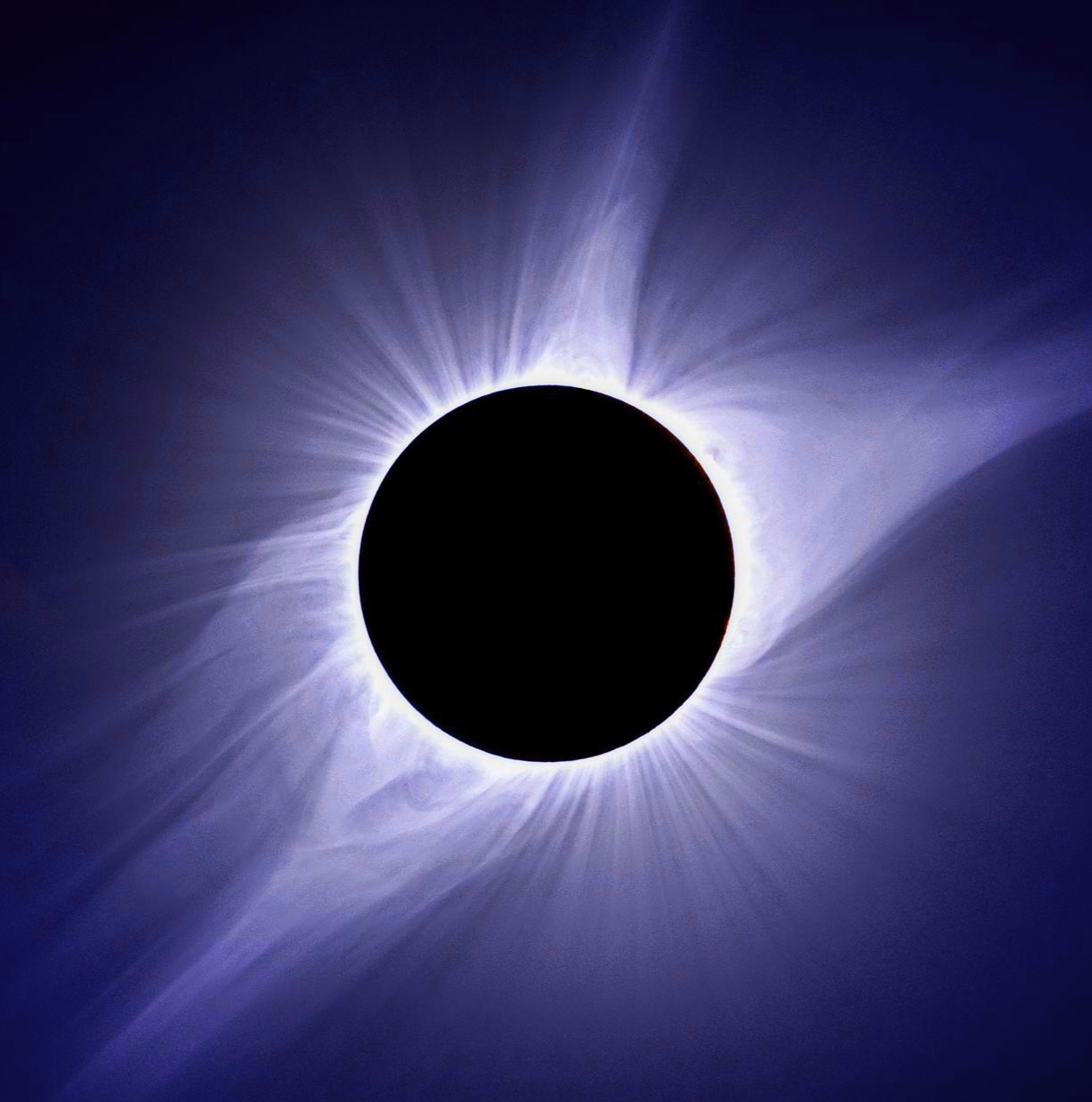- cross-posted to:
- printsf
- cross-posted to:
- printsf
I got this book because it seemed like a cool edition of The Foundation Trilogy. I later discovered that it glows in the dark when I turned the lights off to go to sleep.
The Foundation trilogy is absolute peak science fiction and I should definitely re-read it.
I totally agree. This series, along with the original Dune novels, is the bedrock of my love for sci-fi.
Ive tried to get thru dune a few of times but it hasnt clicked for me yet, I’ll use your comment as a reminder that I need to give it another go :)
What slowed me down a lot with Dune were the many different, unfamiliar names. Once that clicked, the story started unfolding by itself and I could not stop myself reading. It’s been a long time since I first read the original books, but I think I finished all six of them in less than a month. I hope it clicks for you too!
I was surprised how different Dune Messiah is from Dune, that made me stop after second chapter.
I finally got through the series using the audio books, I stopped with Chapterhouse Dune.
Thoughts on the sequels? I absolutely beyond love the first. Read it maybe 5 times by now. This last time didn’t want to end the adventure, so finally gave the second one a try, and was pretty badly disappointed. The first does such a good job with meanings within meanings and subtlety in dialogue (along with everything else it does right), and the second just seemed to be trying too hard at those things and ultimately failing.
Yeah! The first sequel, Foundation’s Edge, was excellent! It was written with as much if not more depth as the original series. The second sequel, Foundation and Earth, however seemed like a pulp novel by comparison. The story was simplistic and the conclusion pretty disappointing, although it did bring up an interesting quandary about the future of the galaxy.
Lol I was talking about Dune though :)
What are the titles of those books? I think there are six in the original series by Frank Herbert and there are many other books by his son Brian. I haven’t read all of those.
Oh I totally don’t remember. The first one is called Dune, I’m pretty sure about that, the second one like Speaker for The Dead or something? Really only ever been obsessed with the first one. The exposition of the world is soooooo gooooood
start with the robot series. Get the full saga.
And don’t stop after the trilogy there’s seven foundation books in all.
Actually just read all of Asimov while you are at it.
I mean… I wasn’t going to
warn themtell them about that part…you know. get them hooked first, you know. then show them everything…
All!? didnt he pen a ridiculous number of books and is one of the few to get a book in every part of the Dewey decimal system?
@BeigeAgenda @FuglyDuck What about the three authorised Foundation books written by other authors since Asimov’s death?
I’m generally avoiding books written posthumously, there’s too many examples of mediocre to poor books being made to cash in on an author’s name.
Are they any good?
@BeigeAgenda I’ve only read Foundation and Chaos by Greg Bear. it’s pretty good but it’s about events that are happening in parallel with the beginning of Foundation so the overall saga is incredibly complicated and multi-layered. Foundation and Chaos also references the laws of robotics which are not mentioned in the original trilogy.
@FuglyDuck @[email protected] The robot books featuring detective Elijah Bailey are all very good. The Caves of Steel, The Naked Sun, The Robots of Dawn and Robots and Empire.
yes they are. (that’s, uh, why I recommended them?)
my favorite I, Robot short is “reason”. (“Good god! a Robot Descartes!”)
I couldn’t disagree more. The writing is absolute cringe.
For some reason I assumed Asimov would be a good writer, maybe because I read his “Last Question” short story a long time ago and thought it was brilliant.
But Foundation reads like it was written by a teenager. He’s obsessed with describing ghee whiz gadgets and doodads that I couldn’t care less about, the prose is plain and boring, and the themes and characters have not aged well. It feels like I’m watching the Jetsons, except it’s not at all quaint.
I was hoping to be able to look past all this and get lost in the epic scale of the story and universe he purportedly builds, but it just wasn’t there for me.
Sounds like you’re kinda more after something a little less hard? Asimov is very much the quintessential “this could’ve been an essay” hard sci-fi author (though I will say, imo The Mule is a great character)…but then again I’d argue most hard hard sci-fi is like that. It’s either an ethics or a speculative engineering/biology essay under the veneer of a story. It doesn’t matter much in a short story because you don’t have to set up anything beyond your core theme but stretching out into something more than 50 pages long can be a bit much for some people.
If you’re after something longform from him that’s not so…jargony, have you tried Caves of Steel? it’s his attempt at writing genre fiction and at least I think it’s pretty good. It’s a murder mystery set in his general universe (though way before the Empire and everything) and tries to tackle the more social aspects and themes behind robotics.
I loved all of Asimov’s books/stories, I’ve recommended to a number of friends but a few have had the same issues with the foundation books as above.
I thought the scale/short-story history jumping style of the foundation books was a really unique approach to storytelling. I thoroughly enjoyed the series.
What sci-fi would you recommend?
I’m reading Hyperion right now. The writing is way better, at least.
Oh, interesting. That one has been on my want-to-read list for a bit now, glad to know it’s worth the read!
@nikt @[email protected] I agree Foundation and its associates are not very well written. But the sequel Foundation’s Edge (1982) is brilliant. He’s a whole different writer. From the same period there are The Robots of Dawn (1983) and Robots and Empire (1985). I especially like the almost philosophical discussion, in Robots and Empire, between two robots about the meaning of Asimov’s great invention, the laws of robotics.
Agree completely. This and the culture series were my jam for a long time. Charles stross is also a banger. Sam Hughes too.
Absolutely expected this to be a weird makeup thread from the title. Don’t Lemmy while tired, kids.
Cool! That book cover alone is better than the show 😂
That’s because the cover has at least a minor relation to the source material.
The show is its own thing. It was always going to need to be radically different to work on the screen. That’s what adaptation means.
That’s awesome, I want one!
I’m curious? is it the warm glow of atomic energy?
(or was it ‘the warm glow of radiation’?)
The series believes nuclear is the end all of energy sources, so I would say it’s probably radiation.
That was the context times they were in. Nuclear sciences were new, and miraculous; but they didn’t quite know how dangerous it was to be around, so Asimov envisioned it was safe to have tiny little nuclear reactors powering personal shields around one’s neck
But how do we know that the assumption is not them having perfect nuclear shields? To be fair, besides fusion, our most powerful source of energy is still nuclear. And fusion is not close to being practical yet.
Because of the comments about the “glow” of radiation and such like.
It’s commonly forgotten that humans can actually see X-rays- before people knew how dangerous it was, it was common for researchers to see it. The glow is literal- In low light with enough intensity, yiu can see a hazzy bluish glow when an X-ray source is on the other side of, say, a wooden door.
The thing is, at that level of intensity… well it’s very much not good for us
as someone who has had a really hard time getting into this series. Does it get better?
Not really. Foundation is notoriously NOT character-driven, bit of a pendant to Dune’s hero-centered narrative. I love the world of Foundation, but it really is bit of a chore to read the books.
Thankx. That’s kinda what I suspected but also so many people seem to enjoy it. Sounds like it’s not for me
Just to give a little bit more to the previous comment. If you go in with the right mentality, you may enjoy it more. The book isn’t character driven, it is a book of ideas. You have to be invested in the “world” and be curious about how things will play out on a very large scale. If you go in looking for a hero and a villain, you won’t really find one. What’s there is a concept and its execution. It’s a long form thought-problem, for better or worse. Personally, I love it, but if you don’t, then you dont.
Thanks, this has gone a long way towards encouraging me to open a battered old copy of the Foundation Trilogy I was gifted years ago.
Yea I might be able to get into it with that in mind too. Thanks y’all
The TV series is quite different, but retains most of the core concepts. It’s much more character-driven, and looks absolutely gorgeous. Highly recommended for anyone who likes sci-fi.
I personally have found them very easy to read. It doesn’t spend time on character development but it summarized the story well and moves on (jumps forward in time) before it gets boring.
Foundation is basically all concept. If you do want to get into it, there’s a dated but still entertaining (IMO) radio drama version the BBC did in the early 70s. You can hear it here.
@FlyingSquid @tdawg I heard the radio adaptation of the Foundation Trilogy when it first went out but don’t remember being very impressed The 80 episode TV adaption that’s underway sounds hard to swallow. We now have the original 3 books, two sequels, two prequels and 3 authorised books written by other authors since Asimov’s death. To understand these later books you need to know at least something about Asimov’s robot novels.
Same thing happened to us!
That’s pretty cool! Where did you get it?
I got it from Ebay. I can’t seem to find an official source of it. It seems to be published by “Spectra”.
😍
So smart and inventive! Which publishing house is it?
I believe they are called “Spectra”.
Cheers! Never seen it here, I’ll check online.
Hi there! Looks like you linked to a Lemmy community using a URL instead of its name, which doesn’t work well for people on different instances. Try fixing it like this: [email protected]
It worked for me on wefwef.
All hail wefwef!
Snagged the audiobook from my library this morning & started it via libby. Audiobook was an excellent idea, thank you!!
What happens when you turn the lights off for reasons other than sleeping?
You make sweet love to the sexy cool glow of the Foundation trilogy special edition.
The spacer shoes stay on during sex
I know it’s just the cover because the pages need to be exposed to light first in order to glow, but imagine if the entire book glowed so you could read it at night…
I’ve become a full convert to tablet reading because of this. It’s also nice to be able to slip my book into my pocket and take it anywhere easily.
Feels like I’m in a sci-fi story every time I use it.
I never knew how badly I needed this book in my life until now.















